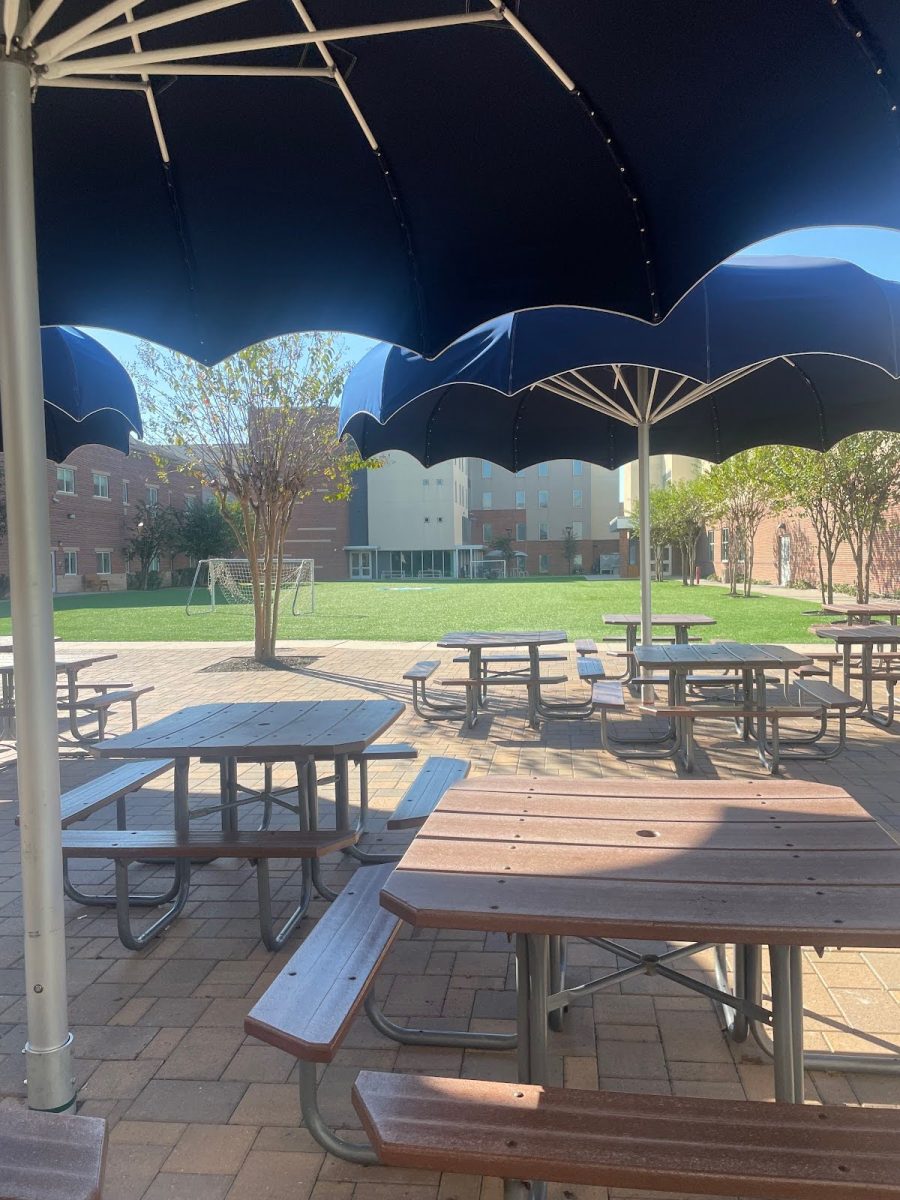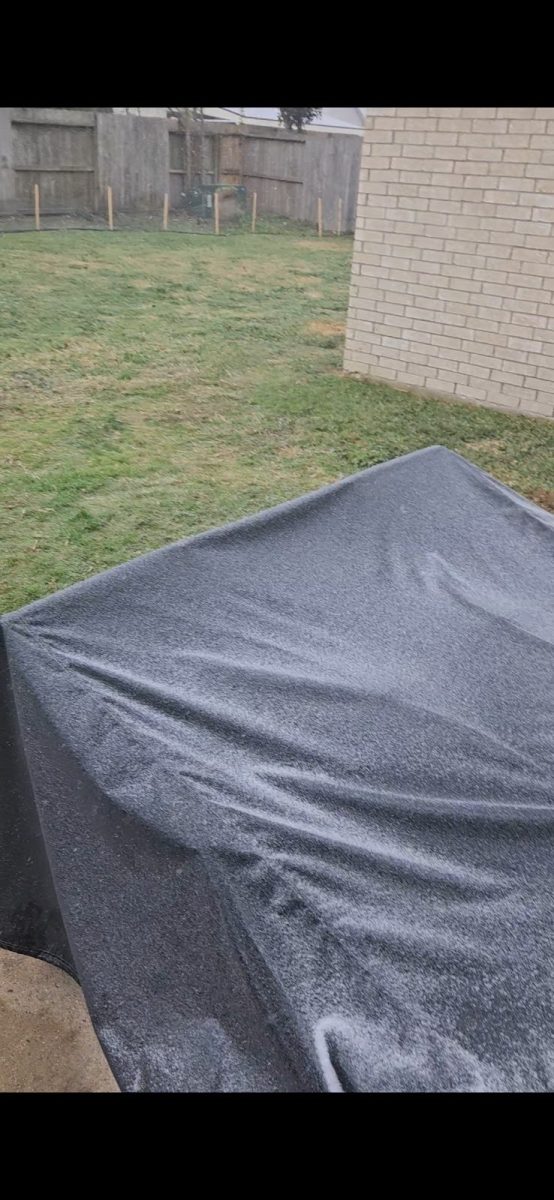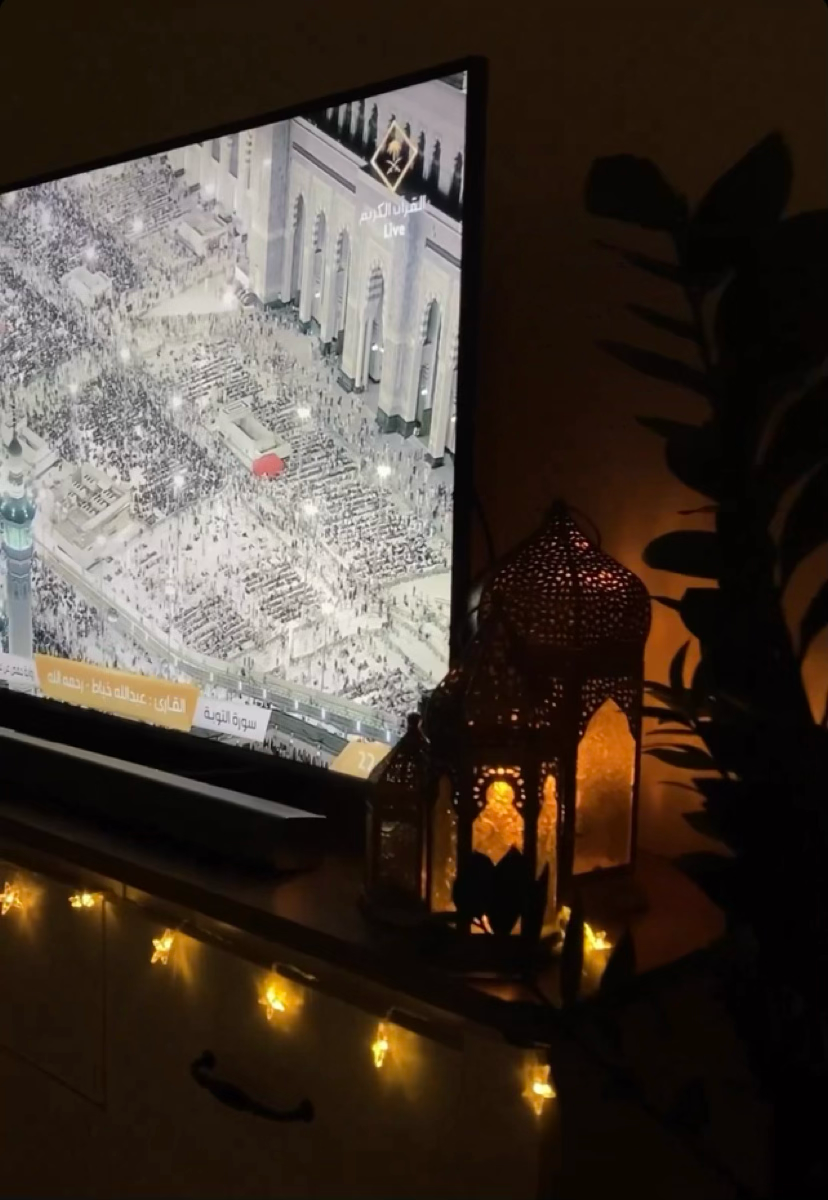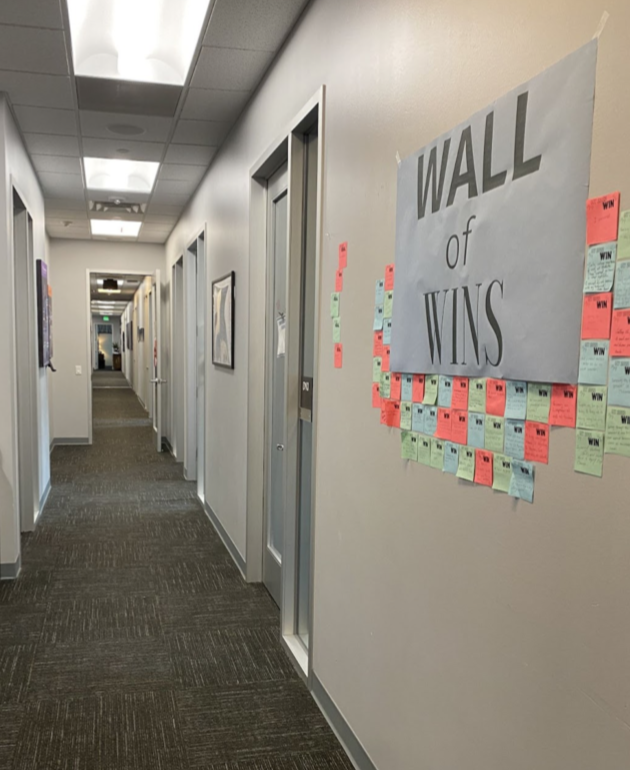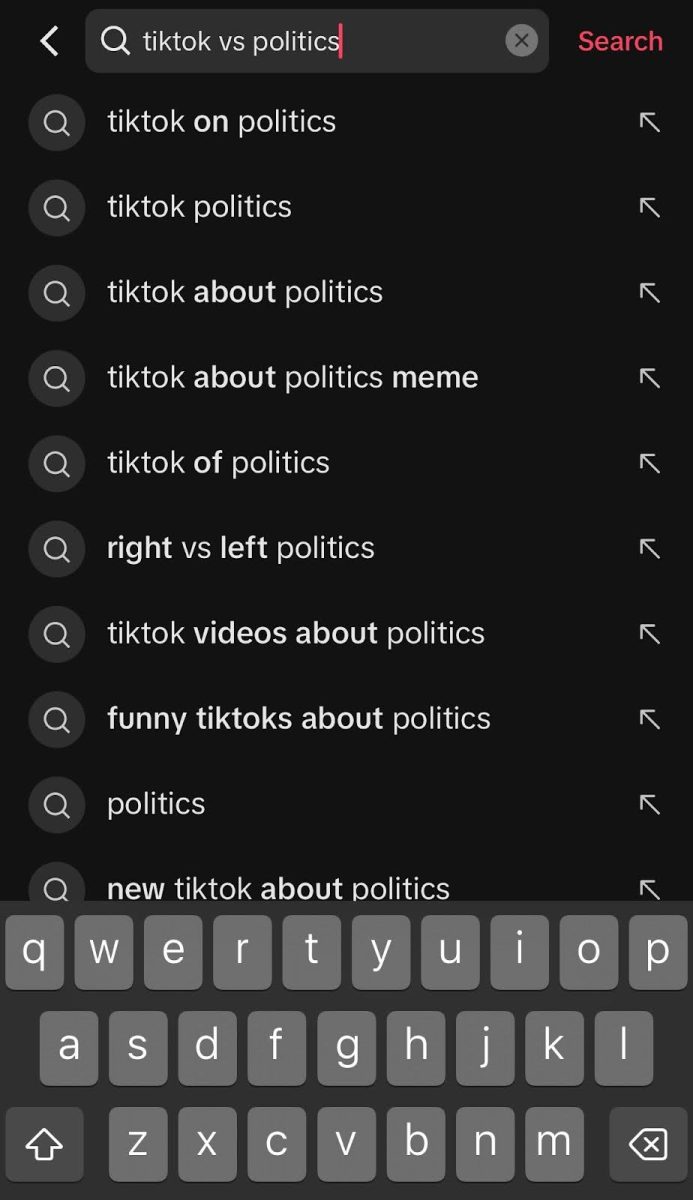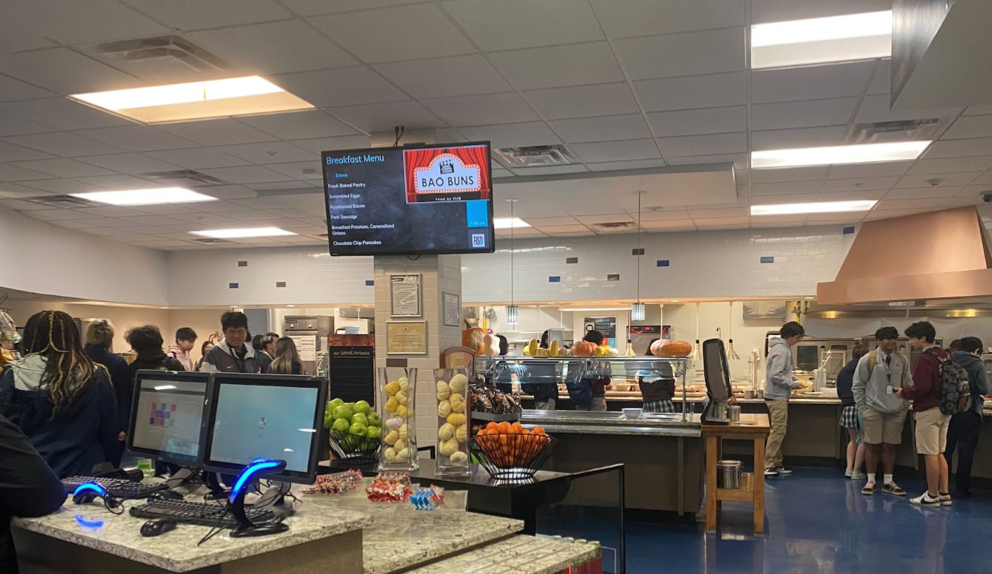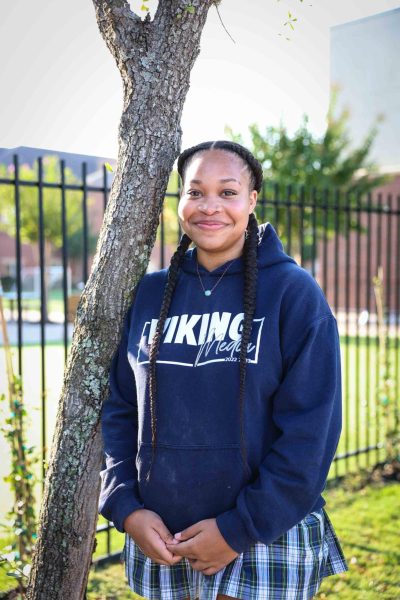American high schools are all similar to each other in terms of the way they operate. For example, most high schools have certain traditions that are common in American culture, such as homecoming, prom, holiday breaks, and football teams. However, every school is different regarding rules, norms, and curriculum. Other countries worldwide have a variety of similar and varying structures of how schools operate in relation to the U.S. There are three different kinds of schools that are prominent in American Culture and other countries as well. Public, Private and Charter schools are different kinds of schools designed for different kinds of students, but for the same purpose; learning.
Public high schools are schools that anyone within a certain area code is welcome to attend free of charge. These schools are funded by the state and U.S. government via residential taxes. Private high schools are independent schools that are privately funded without the assistance of local, state, or federal government. Private schools have a tuition fee that students must pay to enroll, and most require students to wear a uniform that the school supplies or has students purchase. Additionally, charter schools are tuition-free schools of choice that are publicly funded but independently run. Both private and charter schools usually incorporate a higher-level curriculum with more intense and rigorous courses than public schools.
American high school systems are organized by district and categorized by the school’s specific zip code and location. This system differs between states, but all states have these districts for students to attend the school they are zoned to according to their area. Private and charter schools are independent and don’t abide by certain state regulations or follow an area code. Some states in America have deficient ratings regarding the academic aspect of that school, while other schools might be average or have very high ratings. Most high schools try to include a variety of courses to cater to students’ potential career of choice. For example, most schools allow students to take electives, classes that do not count towards high school credits but are there for students to explore their field of choice. Relationships like the teacher-student dynamic in America are really dependent on what kind of school it is – some consider public schools to have less qualified teachers because private and charter schools tend to be more particular when hiring and attract more qualified teachers because of a higher salary.
High schools in other countries worldwide are relatively different in terms of norms, rules and traditions. “In America, the teachers are more open, and they will help you. But in my country, you’re on your own; if you didn’t get it, you didn’t get it,” said senior Daria Panina, who previously attended a high school in Russia. Panina also noted that the most significant difference between high school in America and high school in Russia is that in America you can take the classes of your choice, whereas in Russia, the school chooses courses for you. “I like people here more than I like people in my country. People are more open, more kind, and you can make friends with anyone you want,” said Panina. Most countries have a different way of preparing students for universities.
American universities have a unique way of choosing students; this process vastly differs from many other countries, including Russia. “I hate the college application system here – it doesn’t make any sense,” said Panina. In Russian high schools, the process is much simpler; students are only required to take a final exam and apply. In contrast to that process, universities in America count students’ grade point average (GPA), SAT and ACT scores, extracurricular activities, interviews, recommendation letters and personal college essays in order to consider accepting students into their university. Another difference Panina noted with American high schools are the unusual traditions like the homecoming game and dance.
“I think in all of the other countries I’ve worked in with high school students, there’s a lot more independence of the students and their learning than in the U.S. For example, in Germany, if you didn’t have class, you didn’t have to be on campus, and if you were teaching class, you didn’t have to be on campus. We didn’t have to supervise the students because the students were more thought of as adults and responsible for their education,” said Micheal Lowery, IB biology teacher at The Village School, who previously taught in the Bahamas, China and Germany. Lowery explains the student-teacher dynamic is entirely different in other countries versus America. “In the three other countries I’ve worked in outside the United States, a teacher is a highly respected position. Countries pay them better salaries, especially in public education,” said Lowery. In other countries, especially in Asia, people take a teacher position seriously and look up to their teacher as a high authority figure. He noted in the U.S., it is easier to joke around and make connections with his students more than in other countries.
Schools worldwide differ in so many areas such as academics, student independence, and teacher-student relationships. The one thing they all do have in common is that they are all systems set in place to ensure the success of a student’s future career.

